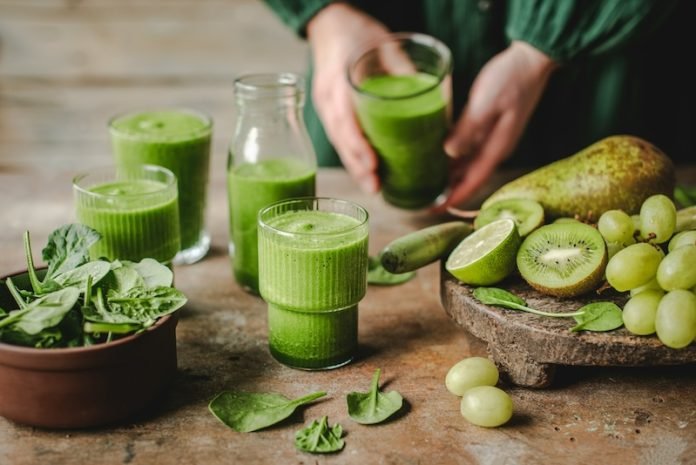
In a world where high blood pressure, or hypertension, is increasingly common, many are turning to nature for solutions. The spotlight has fallen on antioxidants, those mighty molecules found in various foods, that combat the damaging effects of oxidative stress in our bodies.
This stress is akin to rust accumulating in a car; just as rust can weaken a car over time, oxidative stress can damage our blood vessels, leading to high blood pressure.
But just how effective are natural antioxidants in preventing this condition? Let’s dive into the evidence, presented in a way that everyone can understand.
Antioxidants are our body’s defenders. They neutralize harmful molecules called free radicals, which are produced during normal body processes but can cause damage if their numbers grow too high.
This damage can stiffen and narrow our blood vessels, making it harder for the heart to pump blood, thereby increasing blood pressure. By keeping free radical numbers in check, antioxidants can help maintain healthy blood pressure levels.
Research has shown that diets rich in natural antioxidants can have a protective effect against high blood pressure. Foods like berries, dark chocolate, nuts, and green leafy vegetables are not just tasty but packed with these beneficial compounds.
For example, berries contain antioxidants known as flavonoids, which studies have linked to lower blood pressure levels. Similarly, the antioxidants in dark chocolate and cocoa, particularly flavanols, have been shown to improve blood vessel function and lower blood pressure.
One extensive review of studies found that consuming flavanol-rich cocoa products could lead to a small but significant reduction in blood pressure.
This effect was especially noticeable in people with high blood pressure or prehypertension, suggesting that the antioxidants in cocoa could be particularly beneficial for those at risk.
Green tea is another antioxidant powerhouse, thanks to its high content of catechins. Research suggests that regular consumption of green tea can help lower blood pressure, possibly due to its impact on improving the health of blood vessels and reducing inflammation.
Similarly, the polyphenols found in olive oil have been associated with beneficial effects on blood pressure. These natural antioxidants help by increasing the availability of nitric oxide, a molecule that helps blood vessels relax and dilate, thereby reducing blood pressure.
While the evidence supporting the role of natural antioxidants in blood pressure management is compelling, it’s crucial to view them as part of a broader lifestyle approach.
Regular physical activity, maintaining a healthy weight, reducing salt intake, and limiting alcohol consumption are all essential components of blood pressure control. Antioxidants can complement these efforts, but they’re not a standalone solution.
Moreover, it’s important to consume antioxidants through food rather than supplements. Whole foods provide a complex mix of nutrients, fiber, and antioxidants that work together to support health, an effect that isolated supplements cannot replicate.
Plus, focusing on a diet rich in fruits, vegetables, nuts, and whole grains can offer benefits beyond blood pressure control, including reducing the risk of heart disease and improving overall health.
In conclusion, embracing a diet rich in natural antioxidants can play a crucial role in preventing high blood pressure. As we continue to navigate the challenges of maintaining heart health in our modern world, turning to the bounty of nature offers a promising path forward.
By making antioxidant-rich foods a staple in our diets, we can harness the power of nature to combat high blood pressure and safeguard our health.
If you care about high blood pressure, please read studies that early time-restricted eating could help improve blood pressure, and natural coconut sugar could help reduce blood pressure and artery stiffness.
For more information about blood pressure, please see recent studies about added sugar in your diet linked to higher blood pressure, and results showing vitamin D could improve blood pressure in people with diabetes.
Copyright © 2024 Knowridge Science Report. All rights reserved.



